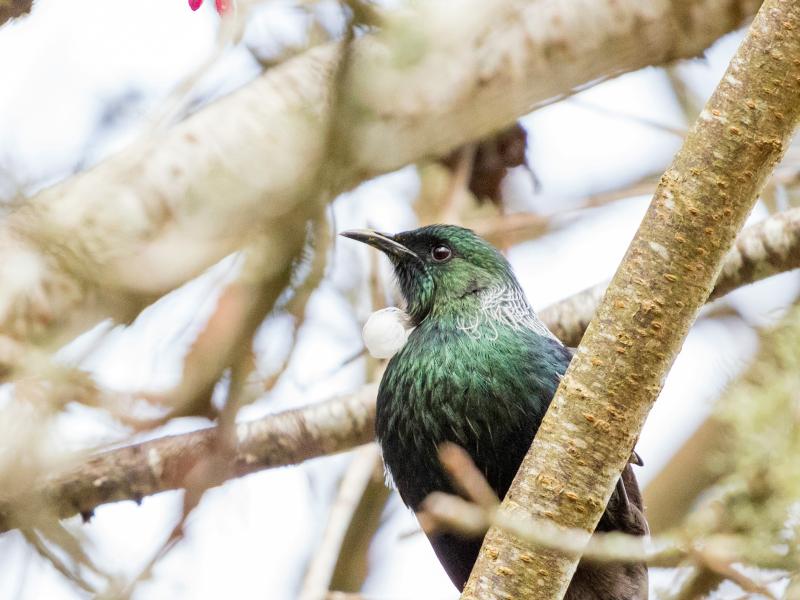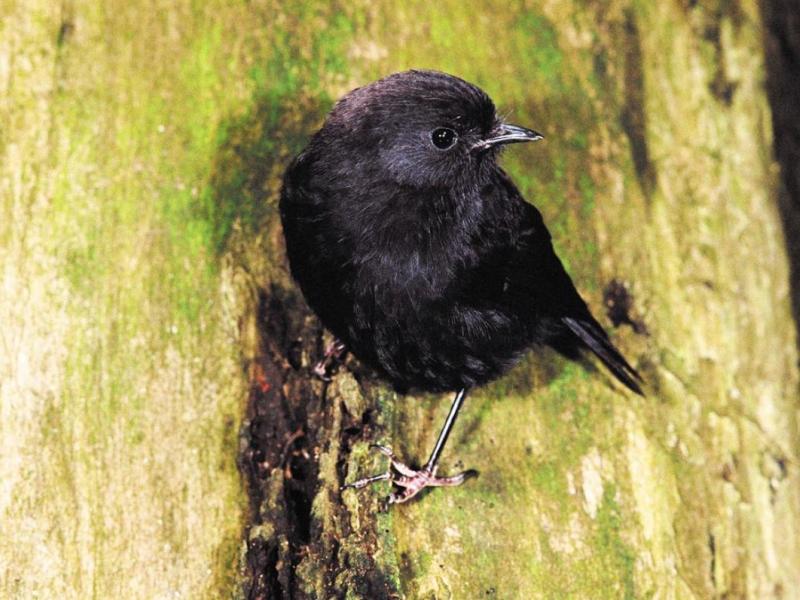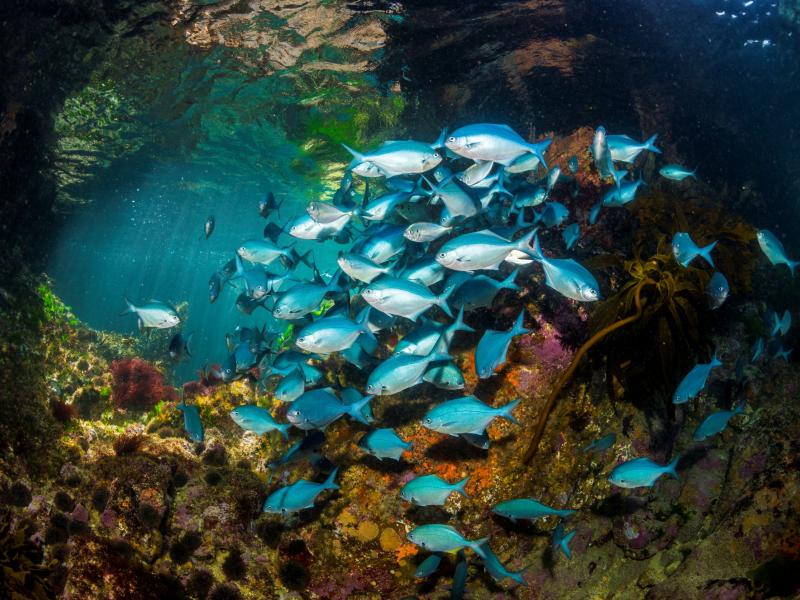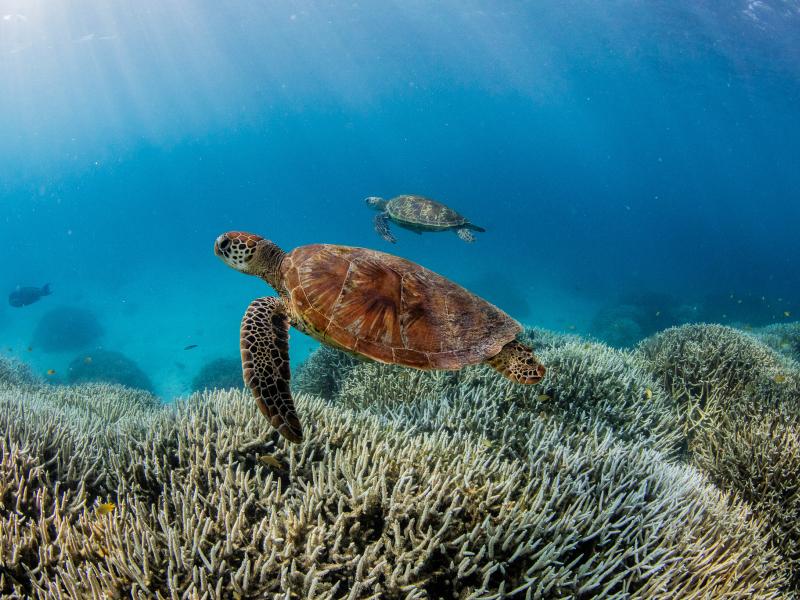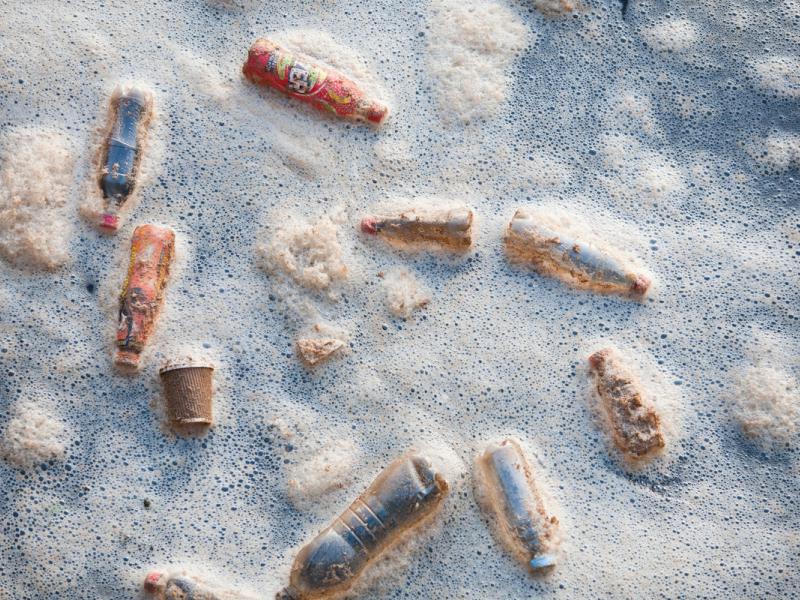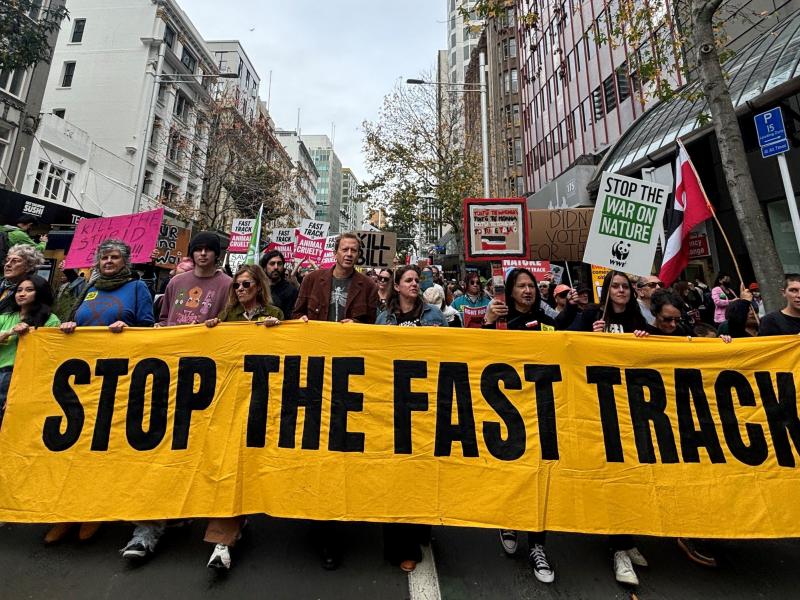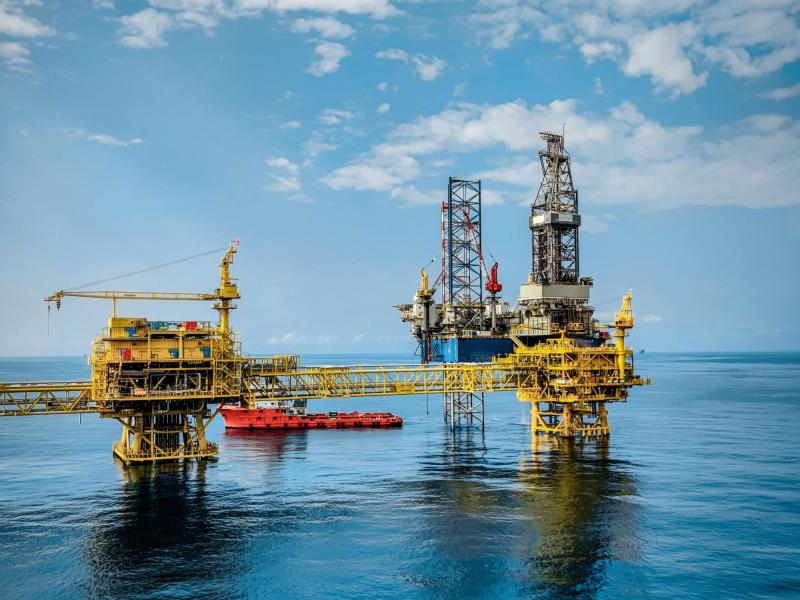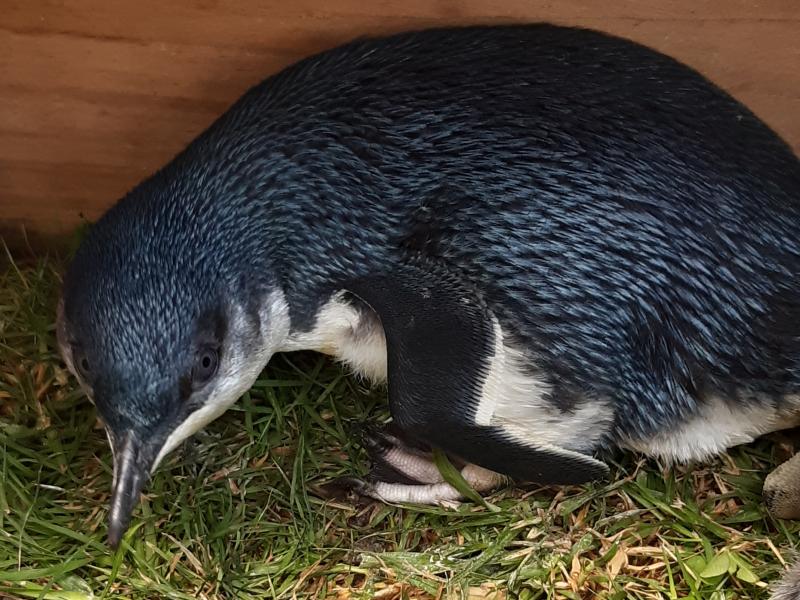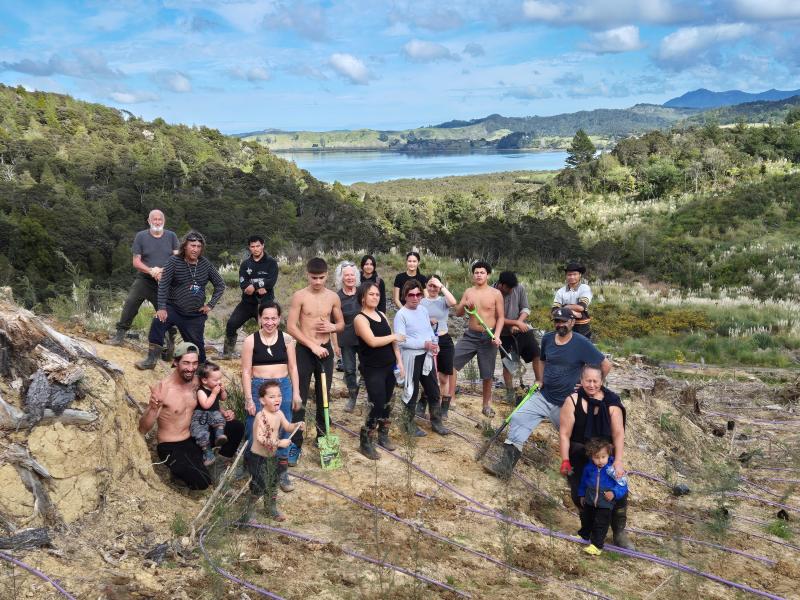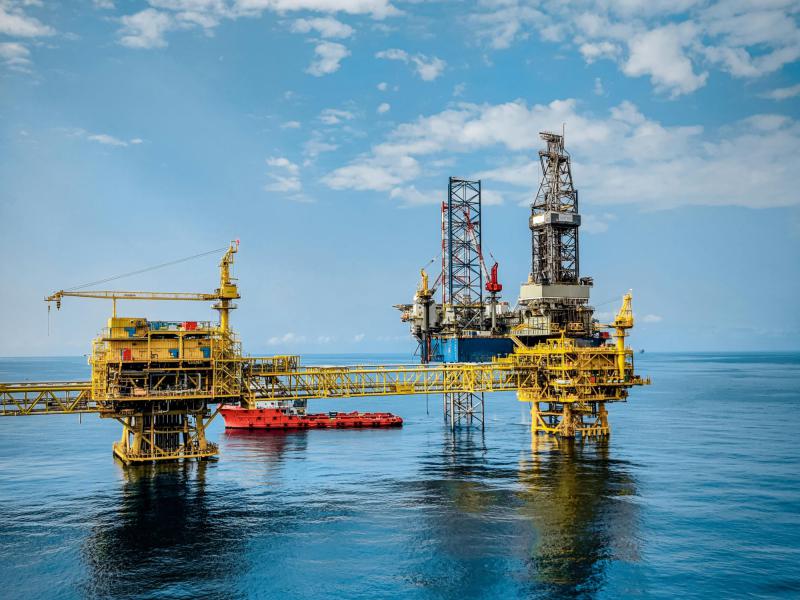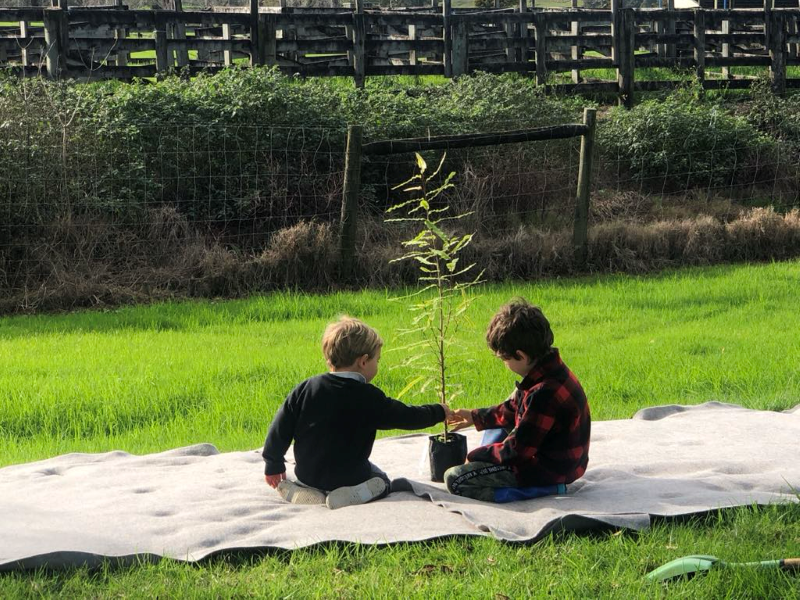We have a diverse range of coastal and marine environments, habitats, and species. We want to make sure it stays that way.
Explore
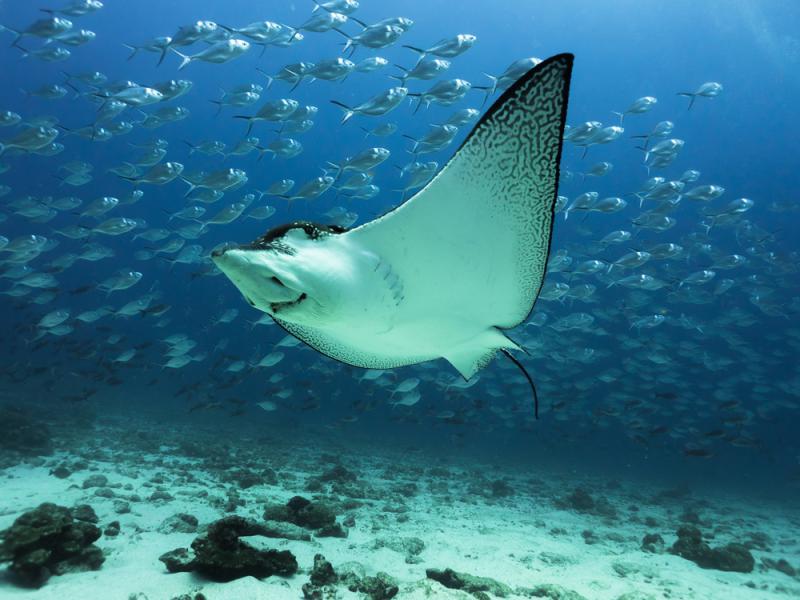
Looking after the ocean
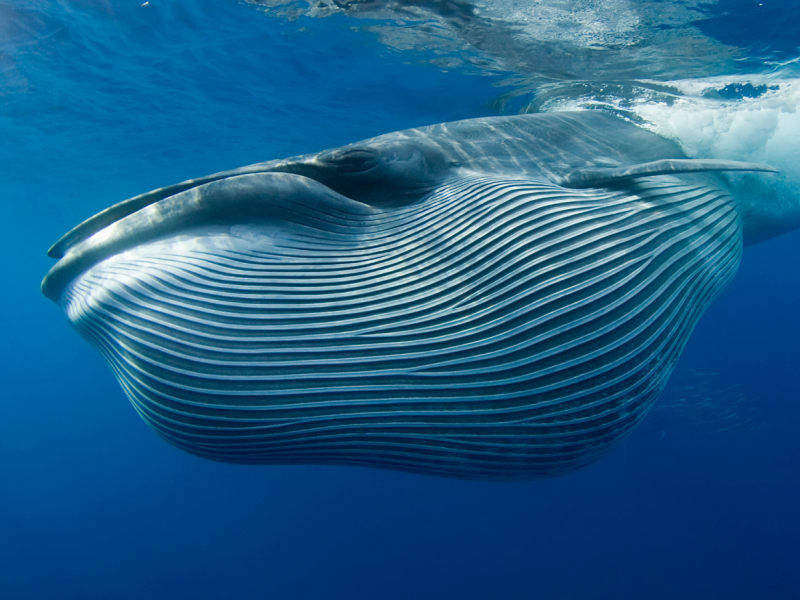
Looking after species
Working to protect taonga marine species and their habitats through research, advocacy and conservation.
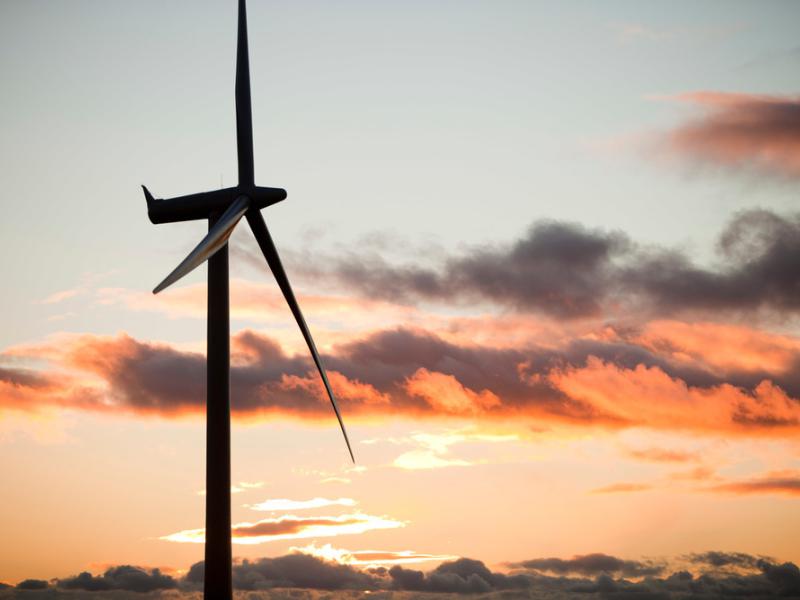
Climate action
The climate crisis affects every corner of our planet – from the poles to the tropics, and from the mountains to the oceans.
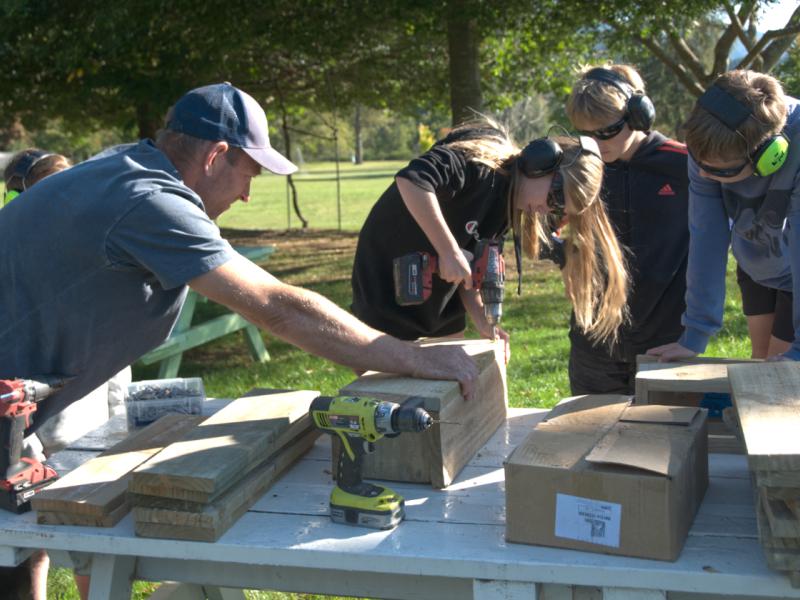
Conservation & Education
Inspiring and enabling New Zealanders to care for their habitats and species as part of a healthier society and economy.
Protect the Hauraki Gulf
The future of the Hauraki Gulf / Tīkapa Moana is at a critical crossroads.
The Hauraki Gulf Marine Protection Bill, years in the making, offered a golden opportunity to conserve this treasured place for the generations to come. But at the last minute, the New Zealand Government decided to allow commercial fishing in areas designated for protection.
This rash move ignores expert advice, undermines the Gulf’s future, and sets a dangerous precedent for marine protection nationwide.
Join us in urging the Prime Minister to reverse the decision.
Protect our Red-Billed Gulls
Imagine a summer without seagulls
If we don’t act – we won’t have to imagine it.
While still regularly seen along our coastlines, the oft-derided tarāpunga or red-billed gull is in serious decline.
They are now more threatened than the North Island brown kiwi.
One of our most iconic seabirds, the population of red-billed gulls is projected to drop 50 to 70 percent over the next 30 years.
They need our help. Please make a donation to help save our gulls.
Our Moana Our Future
Our ocean is exceptional, but it is being negatively impacted by human activity. Heavily utilised areas like the Hauraki Gulf are more vulnerable to these impacts and are on the verge of ecological collapse.
If we don’t act now, species like the Antipodean Albatross or Maūi dolphin could be wiped out forever.
Our ocean and the life within are taonga that need protecting. Marine Protected Areas are an important way we can protect these habitats and species from harm.
Yet, despite our ocean territory being 15 times larger than our landmass, New Zealand currently has less that one percent of its ocean areas protected.
Help get 30% of our ocean protected by 2030.
Latest news
Pagination
- Previous page
- Page 3
- Next page
